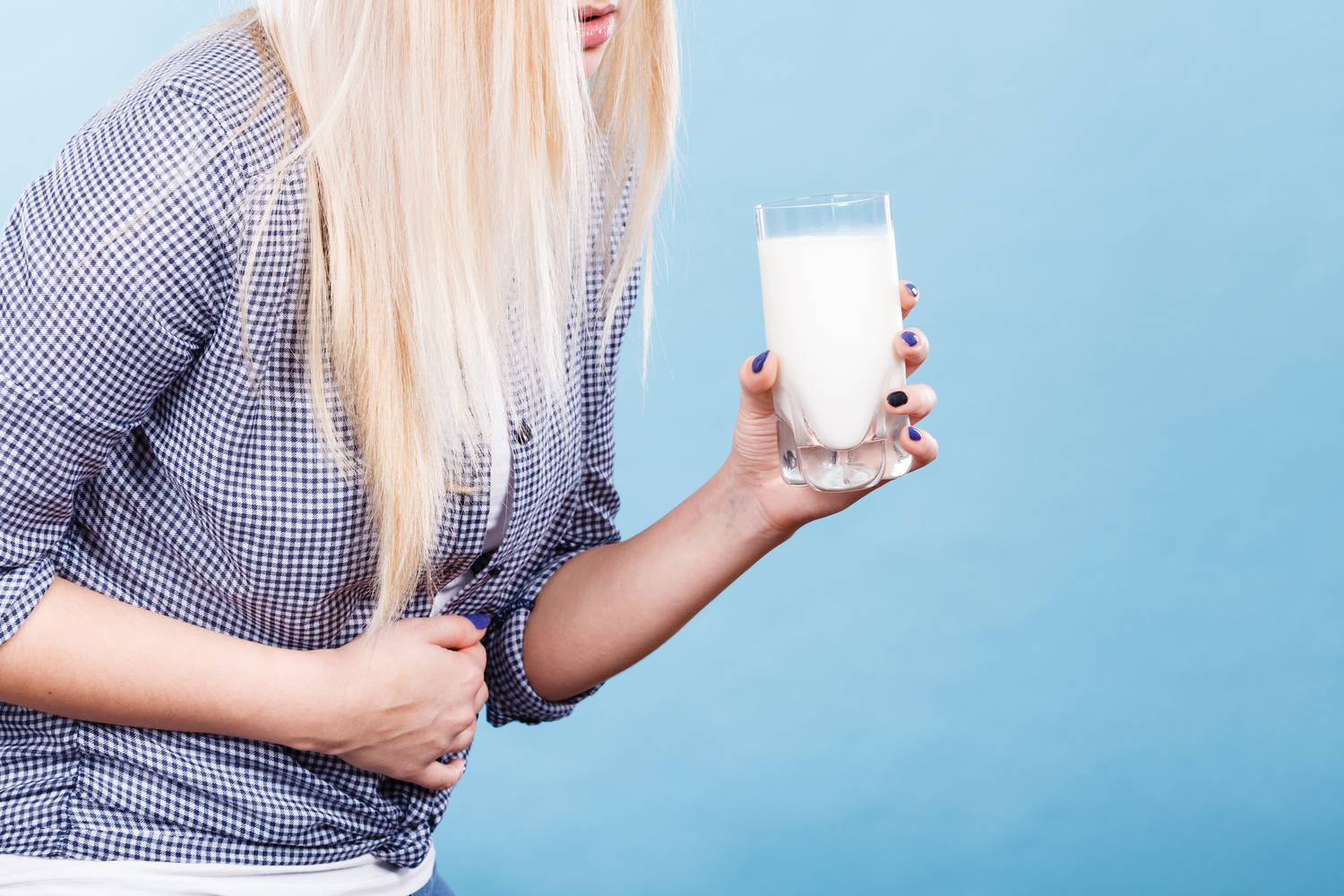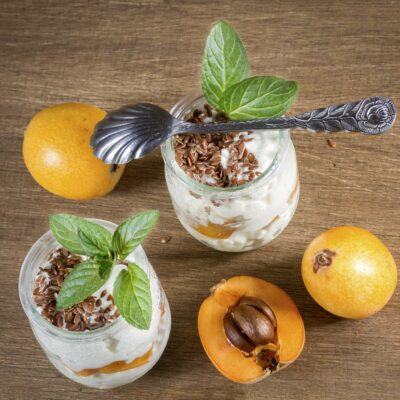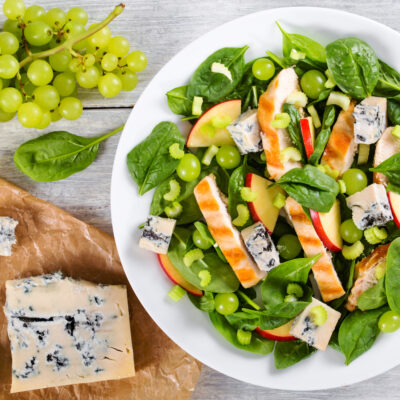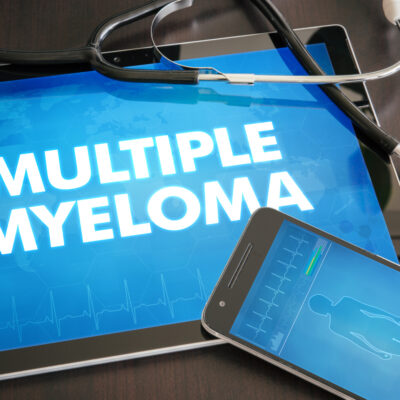
Foods to Avoid for Colitis Patients
Ulcerative colitis is a type of chronic inflammatory disease (i.e., colitis and crohn’s disease). Yet colitis, specifically, strikes the rectum and large intestine (colon) and rectum, which is responsible for water absorption from bodily wastes in order to produce stool. Symptoms of ulcerative colitis are a direct result of ulcers developing within the colon and rectum, which results in chronic fatigue, sudden weight loss, explosive diarrhea, abdominal pain, rectal bleeding, pus or blood in stool, and nausea and lack of appetite. Colitis strikes patients in “flare ups” or periods of severe symptoms.
Research shows that in combination with doctor-prescribed medications, certain dietary adjustments (i.e., low fiber diet) may help reduce flare up frequency and severity of symptoms. For instance, colitis patients should avoid the following trigger foods:
1. Seeds
Seeds are a fibrous food that may cause a lot of issues and irritation for colitis patients. Most seeds (i.e., sunflower, pumpkin, pine, flax, chia, and sesame seeds) often aggravate colitis symptoms because they are tiny and irritate colon ulcers. Seeds are also rich in insoluble fiber, which often exacerbates stomach cramps, bloating, gas, and diarrhea.
2. Dairy
Lactose intolerance and colitis often go hand in hand, meaning that many colitis patients find it difficult to digest animal dairy products, including yogurt, butter, milk, cream, and cheese. If you suspect you suffer from lactose intolerance, try an elimination type diet and record any adverse symptoms in a food journal to discuss with your health care professional. If dairy is a trigger it may be best to eliminate it completely from your diet.
3. Whole grains
For many colitis sufferers, high fiber foods tend to be challenging to digest, but not only that, they also often trigger colitis symptoms. Whole grain (i.e., cereals, pasta, bread, baked goods, granola bars, etc.) contain the germ or bran, which can make them abrasive to digest, causing bloat, stomach cramps, painful gas, and diarrhea. For lower fiber options, try cream of wheat or puffed or white rice.
4. Sulfates
Sulfates occur naturally in nutrients and also in sulfur dioxide (SO2) preservative, which is often added to foods such as wine, beer, dairy, fruit juices, eggs, cheese, dried fruits, red meat, and cruciferous vegetables. Foods that contain sulfites are often celebrated for their antioxidant and antibacterial benefits. However, for colitis patients sulfates may lead to severe gas. Sulfates by nature are meant to feed healthy gut bacteria, yet many colitis patients experience a severe increase in methane gas (i.e., bloating and stomach cramps) after eating them.


